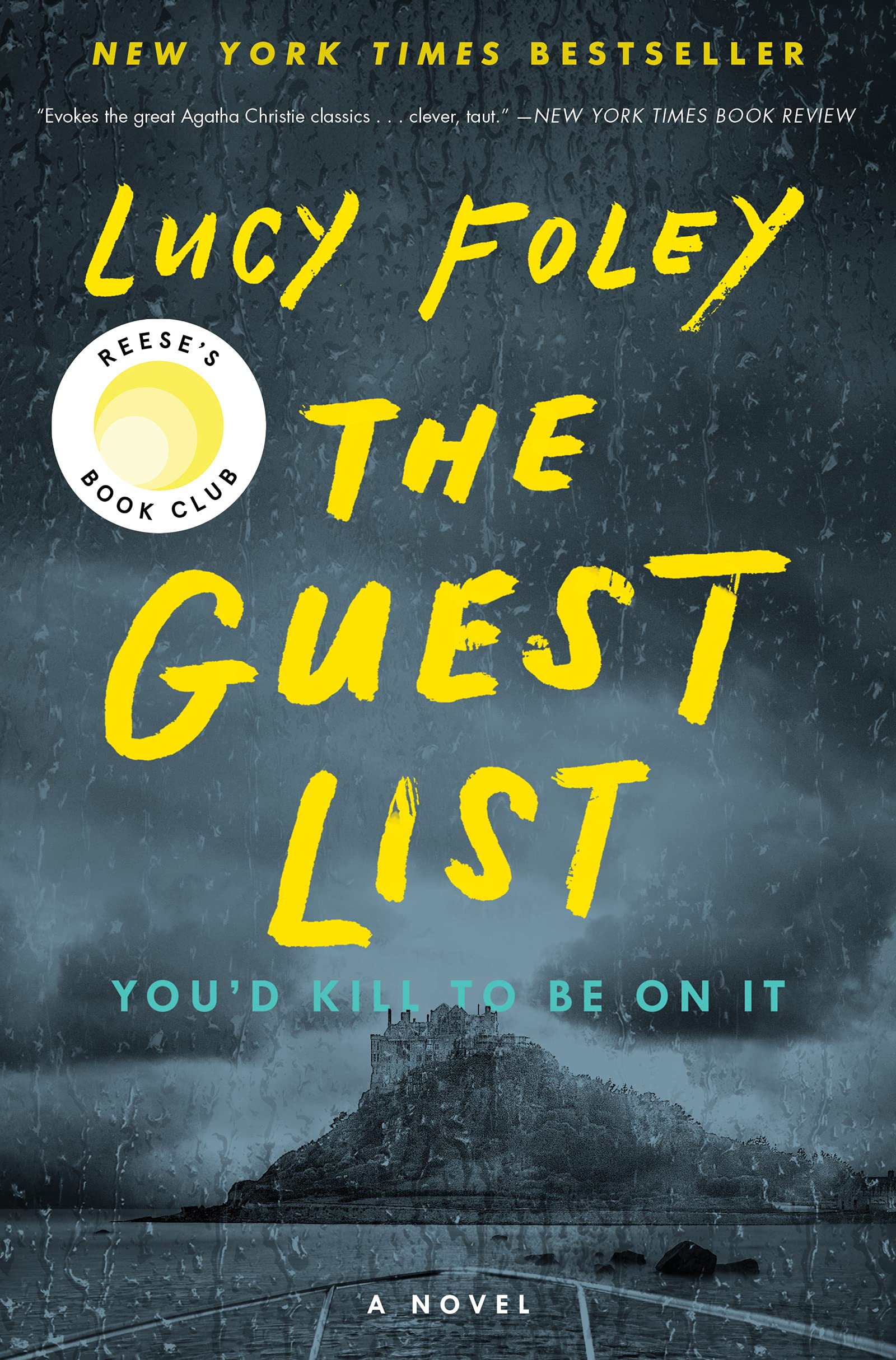Their mission is vital and filled with uncertainty: they must find a woman, presumably a waitress, who might be lost, injured, or worse, having screamed in distress against the roar of the wind. Despite the pressing need to cover more ground, the group instinctively stays close together, knowing that venturing too far could risk both their safety and their ability to assist one another. This decision to remain in tight proximity highlights the palpable fear of isolation that hangs over them, a fear that becomes all the more real in the darkness of the night. The landscape is unforgiving, and their voices are swallowed by the wind, rendering their calls into the void both futile and haunting. Each shout into the dark is a reminder of their helplessness; the storm, indifferent to their distress, only amplifies the feelings of insignificance and powerlessness they experience as they search desperately for any sign of the missing woman. It becomes a race not only against time but against the encroaching sense of being lost in an immense and uncaring world.
As the men continue their grim task, the dialogue between Angus and Duncan brings a human element to the ordeal, grounding the physical discomfort of the situation in more relatable emotions. Their conversation reveals the fear that is slowly taking hold of them as they press forward, unsure whether they are chasing a real danger or merely the product of overactive imaginations. The panic that drives the waitress’s scream seems to echo within their own hearts, as they wonder what circumstances could have led to such a desperate cry. Duncan and Angus begin to question the nature of their current reality, where the surrealness of the situation, coupled with the primal fear of being out of control, forces them to confront not only the dangers of the night but their deeper, unspoken fears. This exploration of fear, anxiety, and vulnerability creates a powerful contrast with the immediate task at hand. The wildness of the storm and the relentless darkness evoke a sense of man versus nature, but also of man versus self—forcing the characters to face their own internal struggles in addition to the external threats they face.
The tension between the group intensifies, not just because of the storm but due to the emotional undercurrents that have always existed between the men. Their shared history, full of youthful bravado and now tempered by the weight of adult responsibilities, begins to surface as the night drags on. They are no longer the young men who faced challenges with a sense of invincibility; now, they are men bound by the complexities of life, questioning their choices, their past, and the people they have become. The external search for the waitress is mirrored by an internal search for meaning, for answers to questions that are too difficult to voice aloud. As they face the physical and emotional challenges of the night, it becomes clear that their confrontation with nature is inextricably linked to a confrontation with their own unresolved issues. The tension between their past and present selves, set against the backdrop of a storm that refuses to relent, forms the emotional backbone of this chapter, creating a layered narrative that explores not just survival, but the cost of confronting one’s fears in the face of overwhelming odds.


